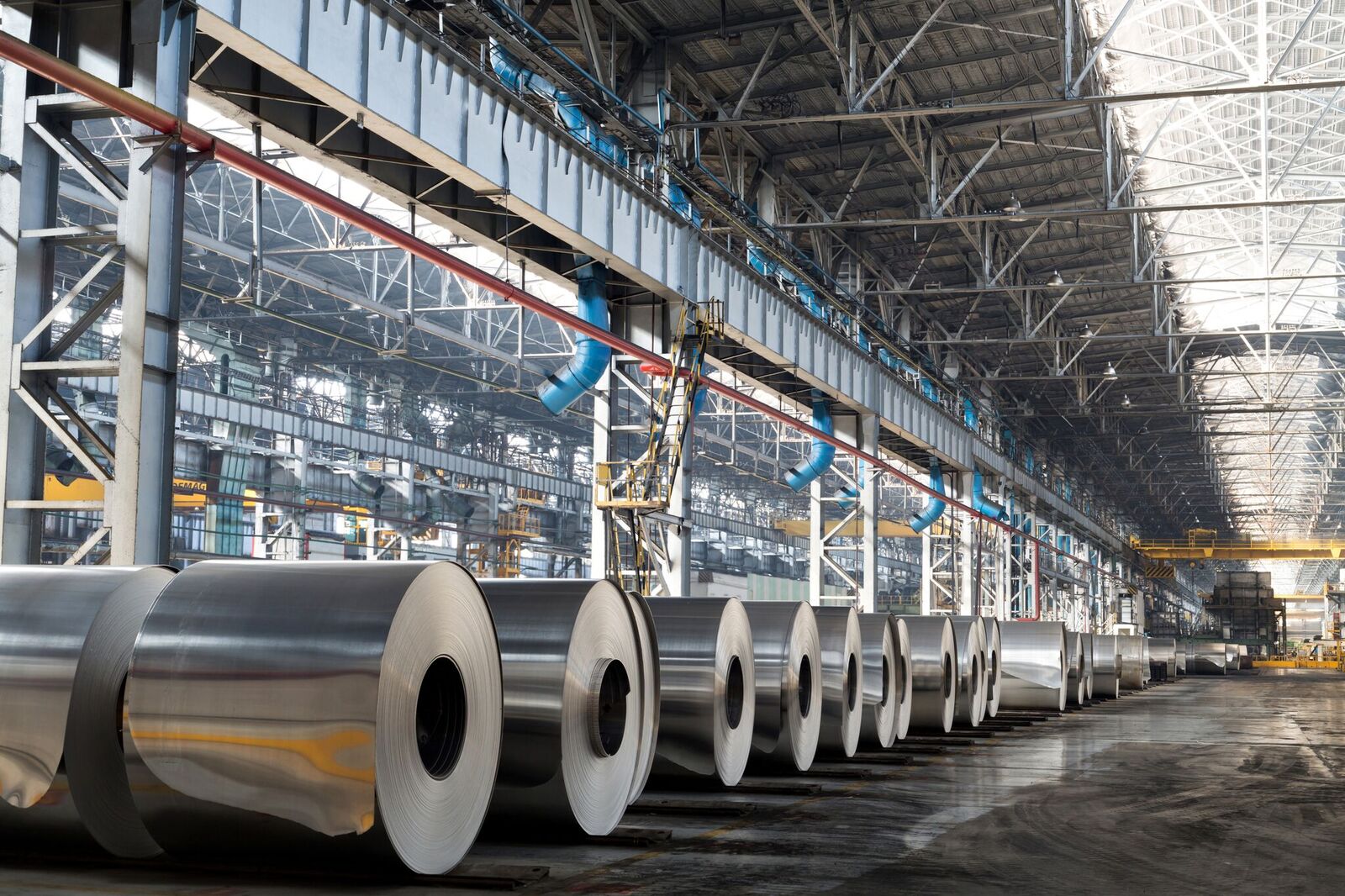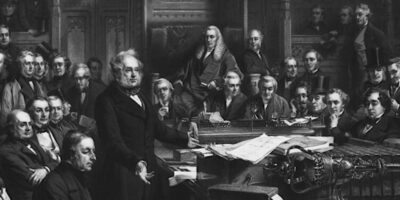No, These Tariffs Have Not Been Good for America
Arguments in favor of tariffs usually come in two varieties. The first takes global commerce between millions of individuals and firms and reimagines it as world leaders staring at each other across a chess board. Tariffs are merely a temporary tool to show some imagined opponent we mean business.
We’ve taken these arguments apart in multiple ways, but even the “strategy first” crowd would concede that tariffs do nothing but damage in the long-run.
Then there’s the more brazen “America first” crowd. According to them, we economists ought to be ashamed for wanting to pay lower prices at the expense of American jobs and national self-sufficiency. These arguments can be politically compelling, since industries “protected” by tariffs do benefit to some degree, and those benefits are often more tangible than the costs spread throughout the economy as a whole.
It’s been a rough 2018 for those who support free trade across borders, but the Economic Policy Institute has unwittingly given us a lovely Christmas gift. While attempting to show how much the U.S. aluminum industry has benefited from the ten percent tariff imposed in March, it ends up demonstrating that even from an “American first” perspective, tariffs are money horribly spent.
Americans Foot the Bill
The report authored by EPI Senior Economist Robert E. Scott states that since the aluminum tariffs came into effect, domestic producers have “made commitments to create thousands of jobs, invest billions of dollars in aluminum production, and substantially increase domestic production.”
That checks out. If the U.S. government were nice enough to put up a paywall on all economic think tanks outside our borders, I’m sure I would get a few more page views. The question in the case of aluminum is how much will those tariffs cost, and how much will the domestic industry benefit?
Speculating on whether President Trump actually believes other countries will pay for the tariffs we impose or why he believes it is above my paygrade as an economist. In almost all cases, it’s the American company importing the item in question that ponies up. Getting a ballpark figure for how much American firms will pay (and often pass along to consumers) is relatively easy. In 2017 American firms imported $23.4 billion of aluminum. At that amount, the 2018 tariff bill would be around $2 billion.
Of course, the whole point of tariffs is to make Americans import less. But thinking that ten-percent tariffs on aluminum will change the commodity’s status as one driven primarily by imports is a delusion almost as fanciful as thinking China will foot the bill.
One study in July estimated that U.S. importers had already paid $1.4 billion in aluminum tariffs from March until July, so any decrease in imports is likely to be small. Turns out, these numbers dwarf the benefits to domestic aluminum producers touted even by tariff proponents like EPI.
A Giant Rip-Off
What does this windfall to the U.S. primary aluminum production industry look like? The EPI reports that between the inception of the tariffs and year’s end, domestic producers have invested $137 million, created 1,075 jobs, and increased domestic capacity by 663,000 metric tons when imports totaled over 5 million metric tons last year.
Cue chirping crickets.
These jobs and investments obviously mean something to aluminum workers and shareholders, but a little perspective is in order. At the average aluminum worker’s salary, that new investment in labor and capital would be about $219 million.
Can we have our $1.5 billion or so back, please?
That national-security trope used by protectionists for generations also fails to hold water. Should America ever be forced to stand alone against the world for freedom and virtue, we’ll do so needing 13 percent less aluminum from outside our borders.
Don’t take my word for it. Back in July Alcoa CEO Roy Harvey basically said thanks but no thanks to the Administration’s tariffs. Harvey said that the policy would only encourage U.S. firms to bring outdated and inefficient production capacity back online, while doing nothing to change America’s fundamental dependence on imports or excess capacity worldwide.
Who Stands to Gain?
The EPI report goes on to tell us that downstream manufacturers who are directly hurt by the tariffs and the economy as a whole (also hurt by the tariffs) have both grown and added jobs this year. The author, just like the rest of us, lacks a way to separate the impact of aluminum tariffs from the myriad of other economy-wide developments, both good and bad. Were he able to do so, I feel safe in speculating that these sections would have been omitted from the report.
We could write many more articles on the dangers of government picking favorites and propping up certain industries. But as 2018 comes to a close, it appears that the government accomplished with billions of dollars in tariffs what it could have done with a check for a tenth of that amount to a few domestic aluminum producers.
The fact that the EPI puts these results forward as support for aluminum tariffs shows just how little ground protectionists have to stand on. Before even getting to the many ways in which tariffs destructively reverberate throughout the economy, free-traders should ask protectionists just who stands to benefit from these taxes, and by how much.
The debate might be settled then and there.












